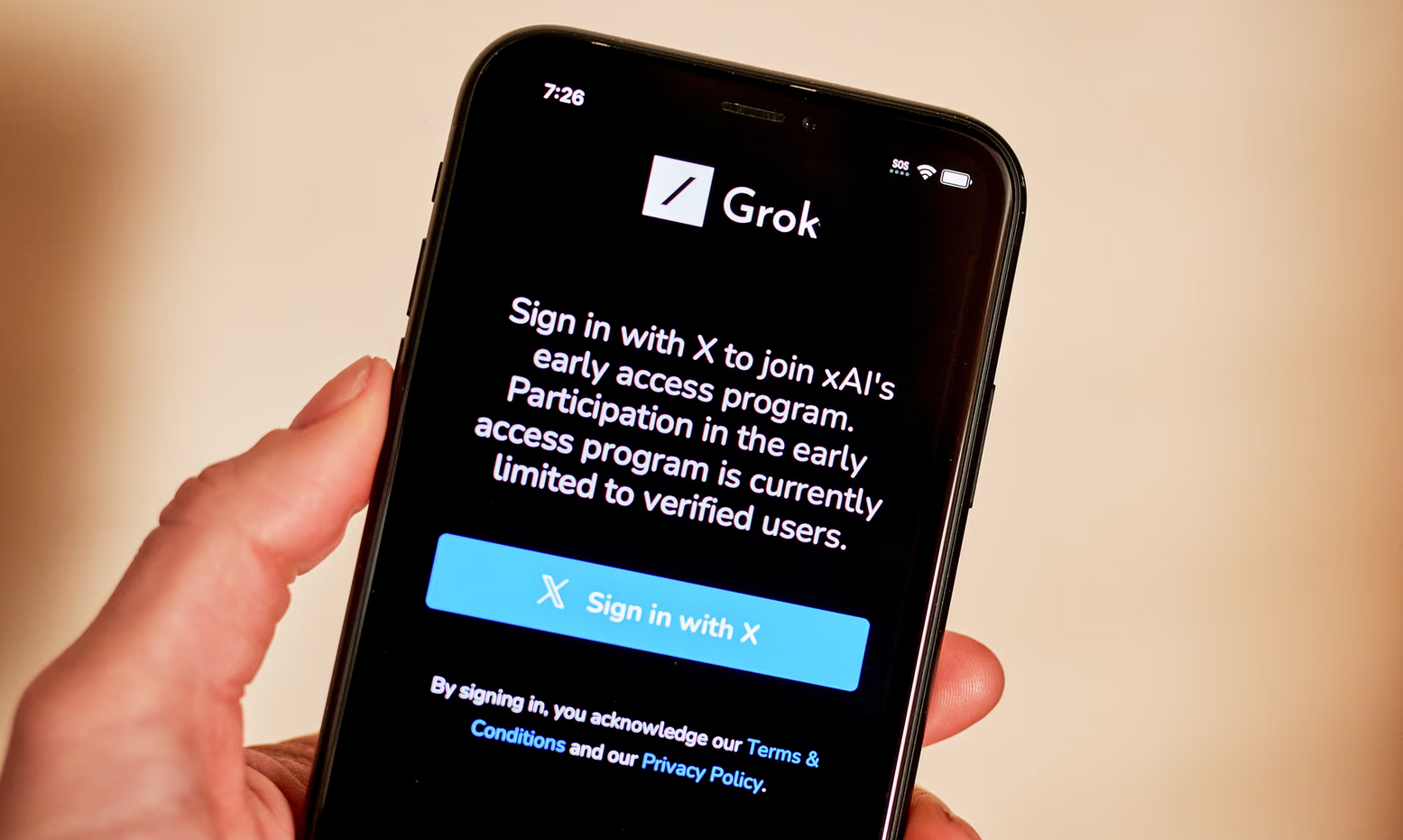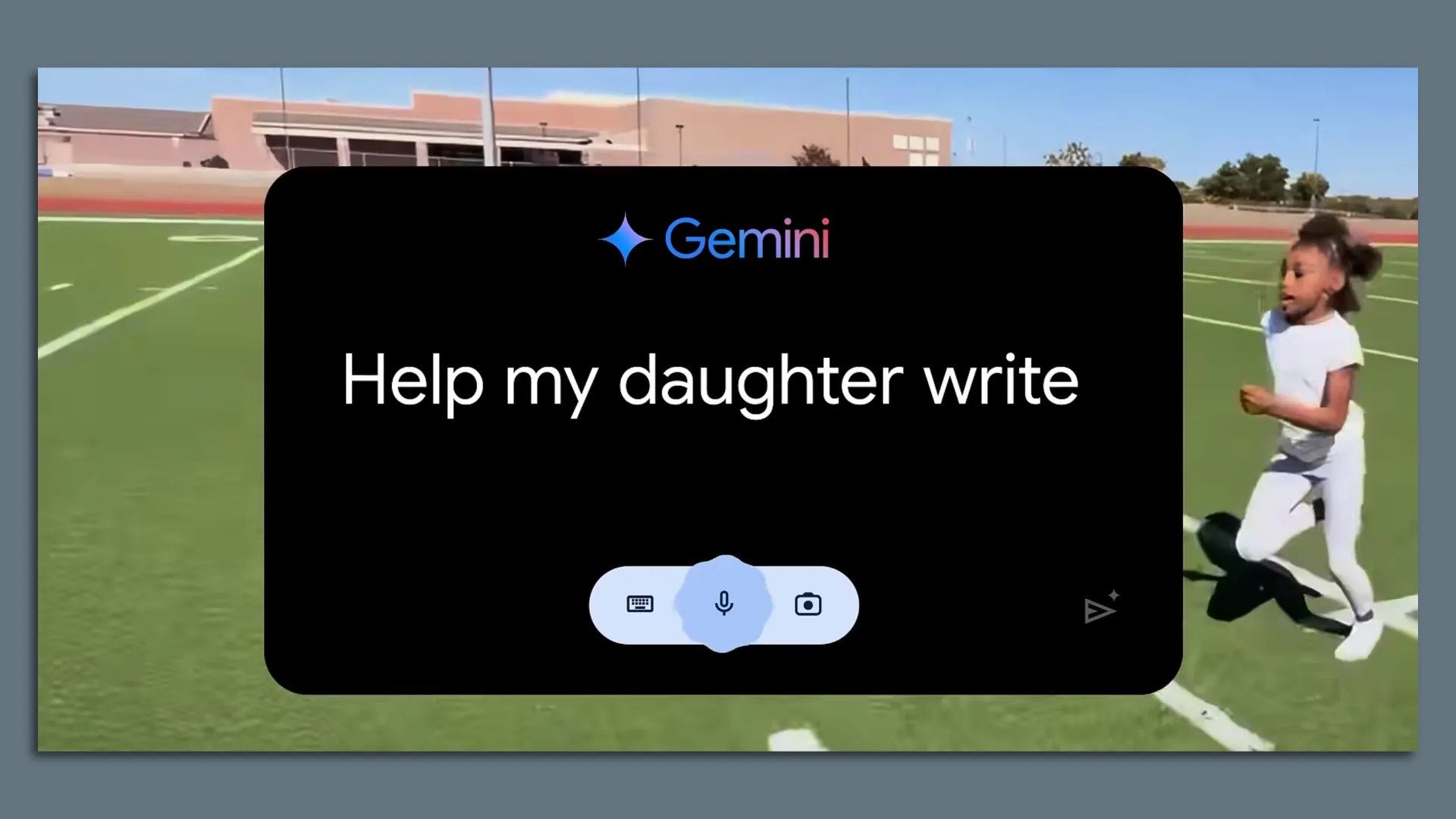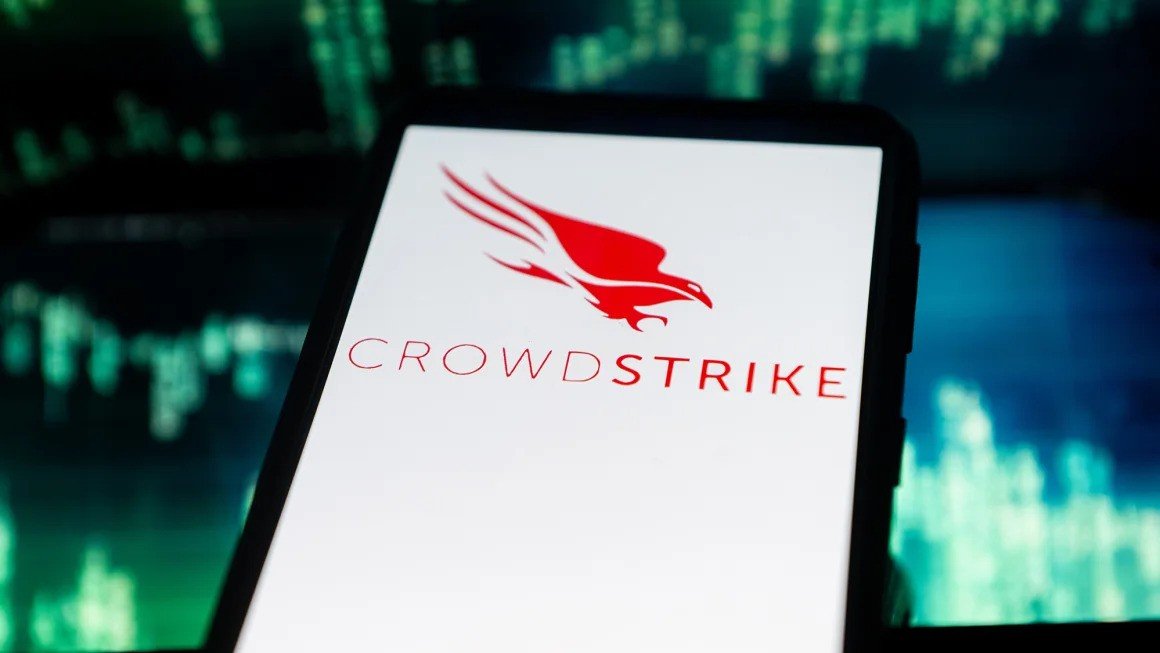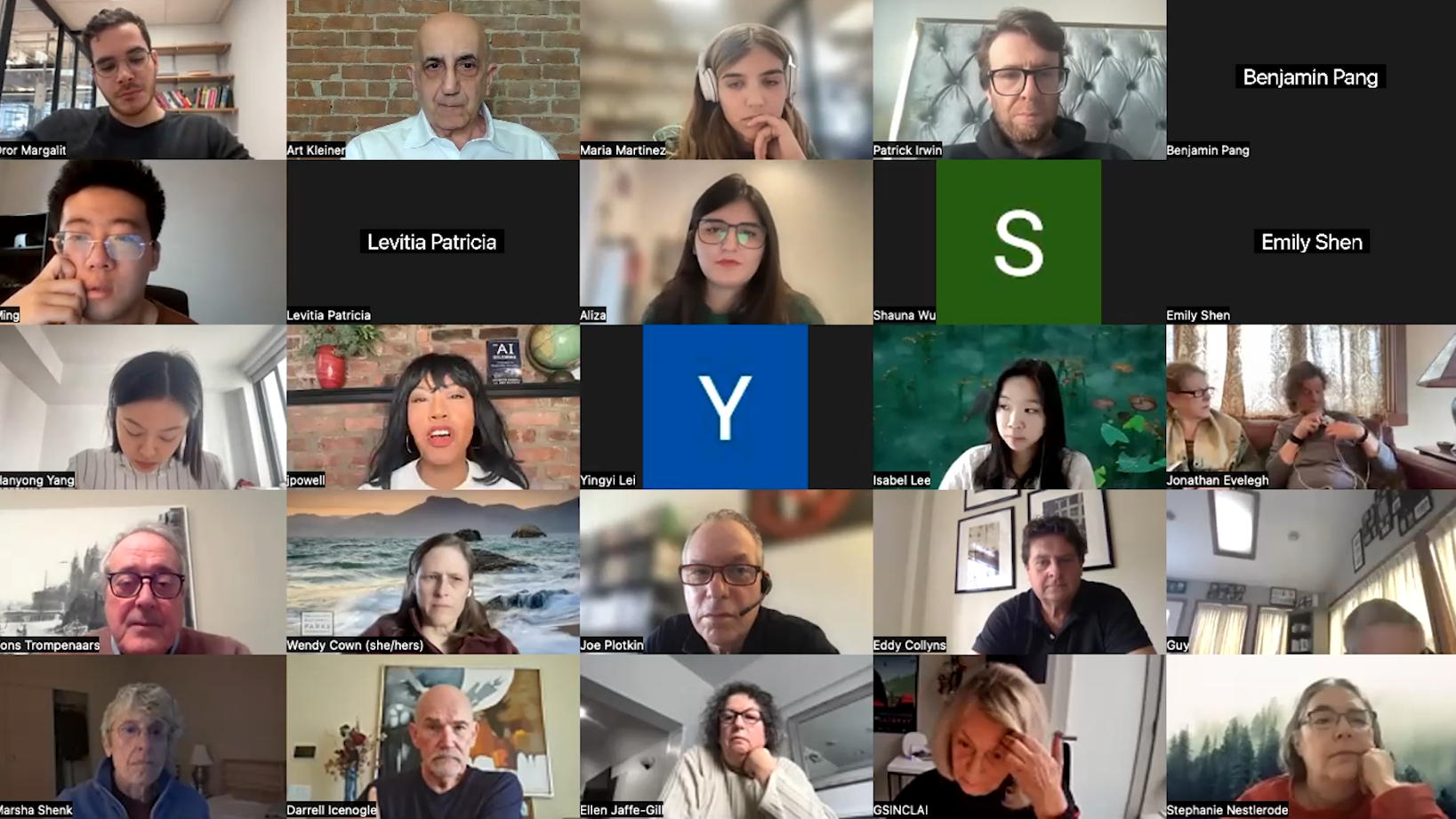

Newsletter
OpenAI will release a new AI model called “Strawberry” in the fall with advanced reasoning capabilities, California’s artificial intelligence regulation bill has passed the State Assembly, and an AI model called GameNGen successfully simulated the classic game Doom using reactive image generation.

Newsletter
OpenAI introduces fine-tuning for their GPT-4o advanced language model to support business needs, Donald Trump reposted a fake AI-generated image of Taylor Swift endorsing him for the presidency, and Epic Systems has big plans to bring artificial intelligence to thousands of hospitals and clinics in the United States.

Newsletter
Elon Musk’s AI chatbot Grok continues to draw criticisms with its latest minimally censored image generator, an AI lab at MIT has created the AI Risk Repository to document over 700 risks associated with AI systems, and SAG-AFTRA has reached a deal with AI startup Narrativ for audio voice replicas of union members in digital advertising.

Newsletter
Yoshua Bengio joins Safeguarded AI as a scientific director to build an AI system that can keep other AI systems in check, Steve Simon and other secretaries of state urge Elon Musk to fix X’s chatbot from spreading misinformation around the election, and Humane’s AI Pin is being returned at a rapid rate after flopping upon release.

Newsletter
Elon Musk’s recent deepfake video of Kamala Harris prompts further advocacy for artificial intelligence regulation and guardrails, Instagram now lets you make AI avatars to interact with followers on your behalf, and the Google Olympics “Dear Sydney” ad receives backlash for its use of generative AI.

Newsletter
Wall Street analysts and tech investors warn that the AI gold rush is unsustainable and could lead to a bubble, Meta releases a new and improved version of their open source model, and Activision’s use of AI-generated content proves that AI is already seeping into game development and costing jobs.


Newsletter
Nvidia and Pfizer invest in Israeli medical AI tech firm CytoReason to advance research, China ramps up censorship of large language models in accordance with socialist regime policies, and Trump’s allies seek to launch the Manhattan Projects to put “America First in AI” and remove regulations.

Newsletter
Microsoft departs OpenAI’s board amid scrutiny from antitrust regulators, Trump pledges to ax Biden’s AI executive order, and Russia impersonated Americans using 1,000 AI-generated X accounts.

Newsletter
Toys “R” Us faces online controversy after releasing a brand video using OpenAI’s text-to-video Sora model, Microsoft warns about a malicious tactic to bypass artificial intelligence guardrails, and an AI startup called Autobiographer helps you to archive and share your life story.

Newsletter
OpenAI’s co-founder and former chief scientist is starting a rival AI company focused on responsible practices, a Citi survey estimates that over half of finance jobs will be automated by AI, and Tiktok debuts a new marketing tool called Symphony Avatars that creates AI generated digital avatars.

Newsletter
Apple unveils AI-powered utilities for iOS 18, iPadOS 18, and macOS Sequoia, Pope Francis will make an appearance at the G7 summit to discuss AI ethics, and OpenAI partners with Oracle to increase their compute capacity and continue to scale.

Newsletter
OpenAI employees expose “a culture of recklessness and secrecy” and urge for changes in AI companies, Apple is reportedly in talks for a partnership with OpenAI to incorporate ChatGPT into iOS18, and Meta’s new privacy policy is under scrutiny for using Facebook user’s data to train their AI models.

Newsletter
C3.ai sees consistent, strong revenue growth in their Q4 results, Meta has identified AI-generated content on political posts on their platform, and Palantir lands a $480M Army contract despite dropping stock values.

Newsletter
EU Ministers have signed off on the Artificial Intelligence Act, Microsoft’s new “AI-powered” computers raise security alarms, and an ongoing lawsuit between actress Scarlet Johansson and OpenAI.

Newsletter
Open AI signs deal with Reddit to train AI on Reddit user’s data, an AI robot gives the commencement speech at a New York college, and Sony Music Group sent letters to over 700 generative AI companies banning the use of their property without explicit licensing agreements.

Newsletter
Microsoft and LinkedIn release the 2024 Work Trend Index, Microsoft launched a GPT-4 LLM in an isolated environment on a government-only network, and Google DeepMind’s AI model has mapped human DNA and could help develop life-changing treatments for diseases.

Newsletter
Microsoft to invest $2.2 billion into Malaysian AI expansion, Anthropic launches iOS competitor to ChatGPT called “Claude AI”, and the US urges China and Russia to keep humans, not AI, in charge of nuclear weapons.

Newsletter
Meta to invest around $40 billion in AI in 2024, the first-ever US Air Force dogfight involving an AI-flown fighter jet was a success, and AI leads to medical breakthroughs in cancer drug prescriptions and gene editing research.

Three Scenarios for the Future of Generative AI
NYU graduate students imagine the future of GenAI in 2026 using their understanding of current trends in technology, business, social values, and geopolitics.
